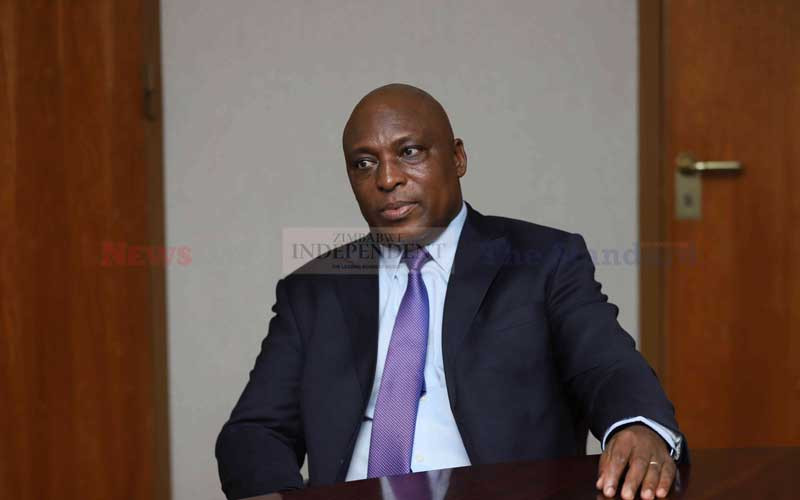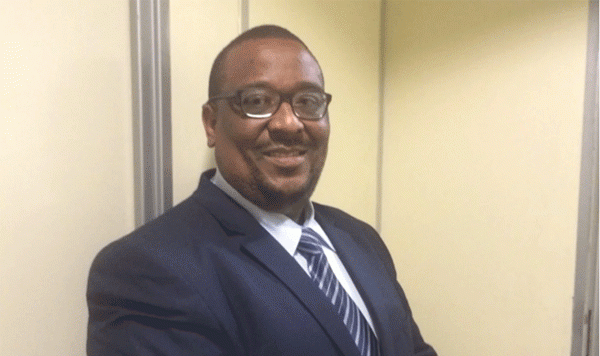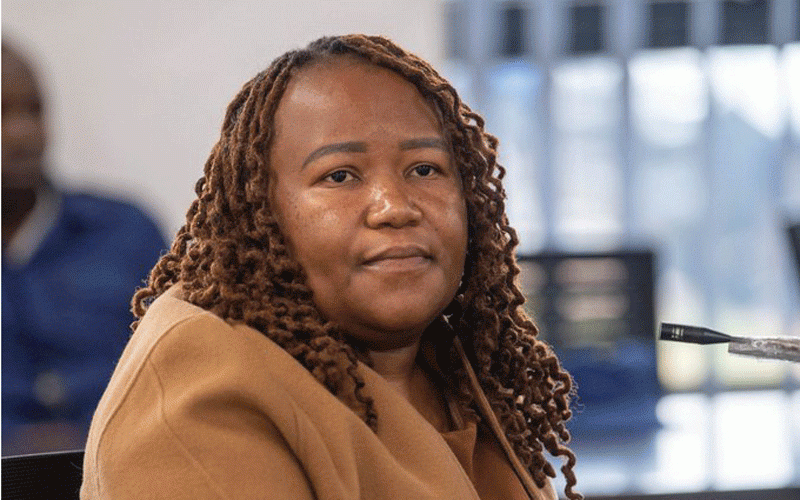
RESERVE Bank of Zimbabwe says despite achieving a financial inclusion rate of 83%, Zimbabwe’s progress in expanding access to financial services has not translated to increased usage among women, who account for the majority of the population,
According to a recent survey, conducted by the RBZ and New Faces New Voices, women’s usage of financial services and products remains low, with many citing lack of awareness and access to financial literacy programs as major barriers.
The survey, found out that while women make up 52% of the population, they are underrepresented in the formal financial sector.
RBZ head of financial inclusion Regina Mushosho said the gender gap in access to finance was standing at 2%.
“I stand before you today to share insights into women’s leadership in the financial services sector, which has had a significant socioeconomic impact on women who account for the majority of the population,” Mushosho said.
“According to the 2022 fiscal survey, women account for 52% of the population.
“Our economy is largely driven by micro, small, and medium enterprises, which contribute about 60% to GDP. Women own 60% of these (micro, small and medium sized enterprises) MSMEs.
“However, the gender gap in access to finance is at 2%, and the gender parity gap in the workplace, particularly in decision-making roles, is significantly higher, with less than 30% of leadership roles held by women.”
- Rampaging inflation hits Old Mutual . . . giant slips to $9 billion loss after tax
- Monetary measures spur exchange rate stability: RBZ
- Zim deploys IMF windfall to horticulture
- Banker demands $21m from land developer
Keep Reading
She said the financial literacy gap and underrepresentation affects women’s ability to influence in decision making for economic development.
“Zimbabwe has made significant strides in reaching financial inclusion levels of 83%, but the usage of financial services and products remains low, especially among women,” Mushosho said.
“How can it be that the majority of the population is less represented in decision-making positions where issues about their welfare are discussed and decisions are made.
“Women account for 52% of the population and own more than 60% of MSMEs, yet they are not well-represented in decision-making roles.
“This underrepresentation affects their ability to influence key strategic decisions within their institutions and the economy as a whole.”
Mushosho said the underrepresentation of women in financial services impacted negatively on efforts to increase financial inclusion.
“Zimbabwe is a signatory to the 23rd Sustainable Development Goals, particularly SDG 5, which focuses on reducing the gender gap in both the private and public sectors of the economy,” she said.
“However, without a voice and a face in decision-making positions, this SDG will remain a mere mantra without significant impact on the country’s performance.
“Inequality between women and men is a complex interaction of unconscious decisions that we are not aware of, but we can see the impact.
“Surveys have shown that women are underrepresented in leadership roles, particularly in the financial services sector. For example, in Zimbabwe’s financial services sector.”
She said the survey found out that women are more likely to use informal financial services, such as savings clubs and money lenders, which can be more expensive and less secure than formal financial services.
Mushosho said New Faces, New Voices has partnered with the RBZ to implement the National Financial Leadership Strategy, which aims to bring positive change to the socioeconomic environment for women in the financial services sector.
Since the launch of the first phase, New Faces, New Voices has worked with the bank and other financial inclusion stakeholders to develop women-friendly financial products and establish women-led banking institutions, she said.
“They have used various methodologies, including mentorship programs, to turn around the fortunes of women in Zimbabwe and facilitate their taking up leadership roles.”
“We are excited to have partnered with New Faces, New Voices in the financial inclusion journey. We conducted a deep dive on women’s financial inclusion, and the information obtained from the survey informed the policies under NFIS 2.
“We have put in place several initiatives to scale up the uptake and use of financial services among women.
“There are many women reshaping the global financial system and creating an environment that supports and respects gender parity and women’s rights.”
She said the RBZ has committed to working with stakeholders to address the usage gap and promote greater financial inclusion among women.










